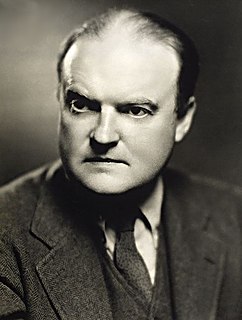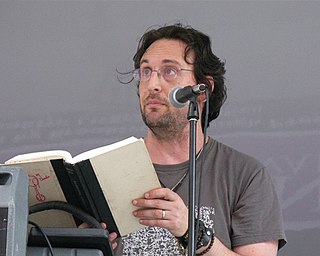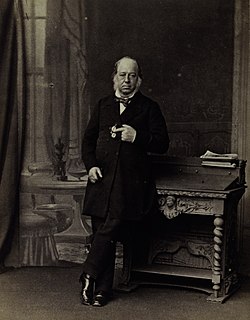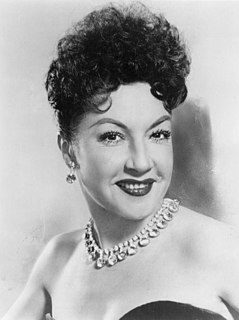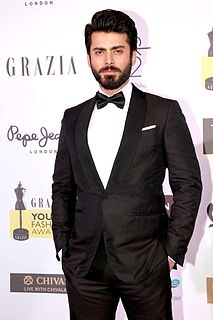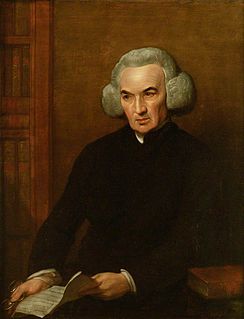A Quote by Woodrow Wilson
I would never read a book if it were possible for me to talk half an hour with the man who wrote it.
Related Quotes
When you publish a book, you do so in part to end the silence. All censorship is silence. I would never, as an author, feel right requiring a young person whose family would object to the book to read it. Just as I would never force that person to read it, I would ask those folks to not force others not to read it. To me, that is just good manners.
My mother lived her life through movies and books - she read everything there was to read. And she read to me every night. I never went to sleep without her reading to me. And she fantasized about the book and she would talk about it, the place, and you would think that after she read the book and after she told you stories about it, that she had actually been there. I learned about story from her, and I learned the value of a great story, and the value of great characters.
Similarly, knowledge of the future was incompatible with free will. What made it possible for me to exercise freedom of choice also made it impossible for me to know the future. Conversely, now that I know the future, I would never act contrary to that future, including telling others what I know: those who know the future don't talk about it. Those who've read the Book of Ages never admit to it.
Literary men now routinely tell their readers about their divorces. One literary man who reviews books wrote, in reviewing a study of Ruskin, that he had never read a book by Ruskin but that the study confirmed him in his belief that he didn't want to read a book by Ruskin. This man very often writes about his family life.
I'm a champion napper. For the past decade, I've taken a nap at lunch on set. I have a noise machine app on my phone, headphones - and that's key. That's probably the most important thing. If I can get an eye mask on, that's great. And that's it. After a half an hour, I'm like a new person. It's just in that first half an hour, don't talk to me.
The only things I read are gossip columns. If I read three pages of a book, I'm out like a light. When I pick up the book again, I've forgotten what I've read and have to start over again. By page three, even if I've just awakened from a nine -hour nap, I fall asleep again. So if anyone gives me a book, it had better have lots of pictures.

